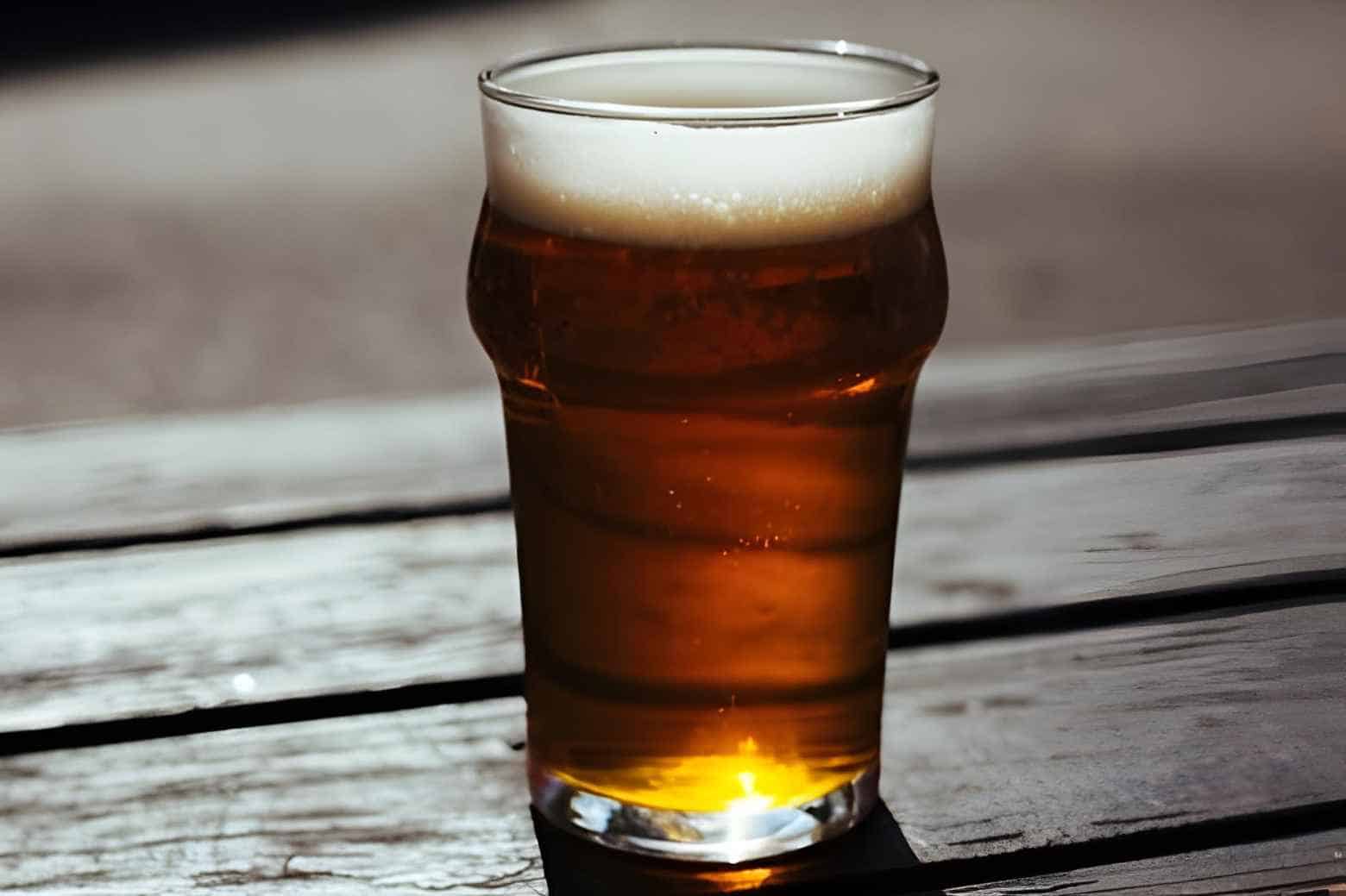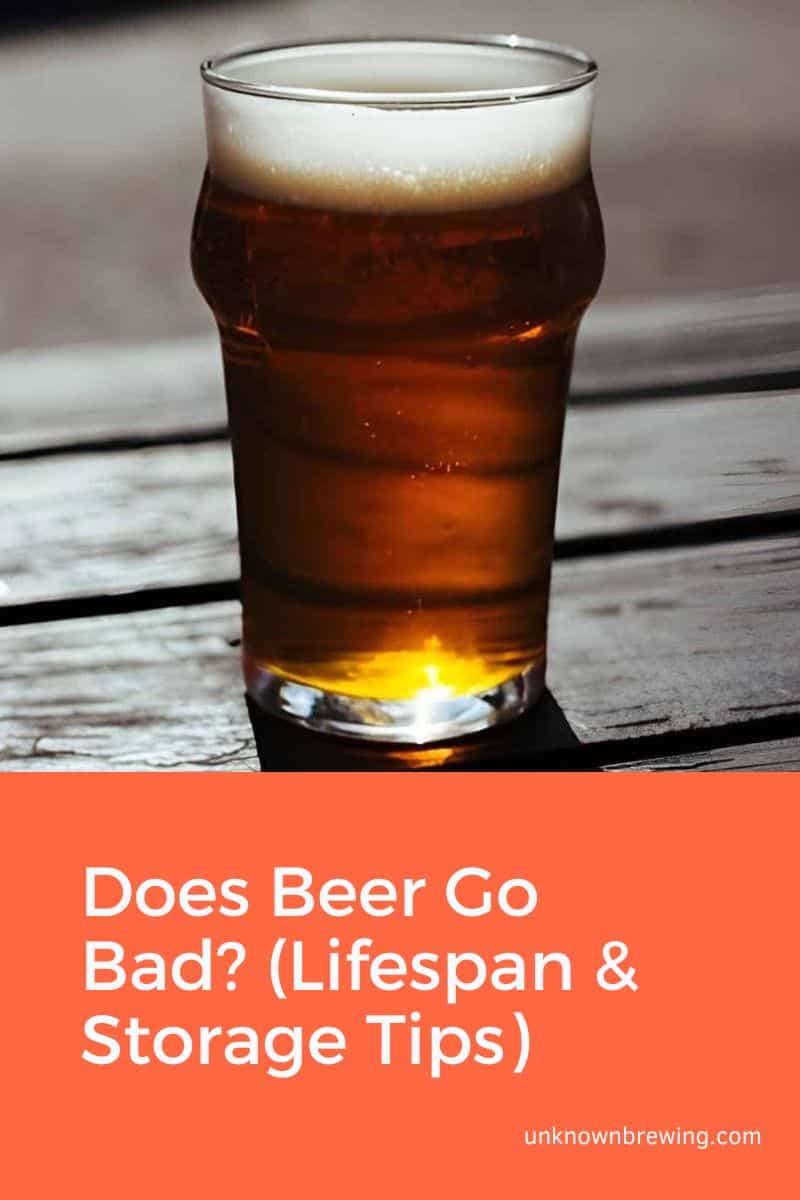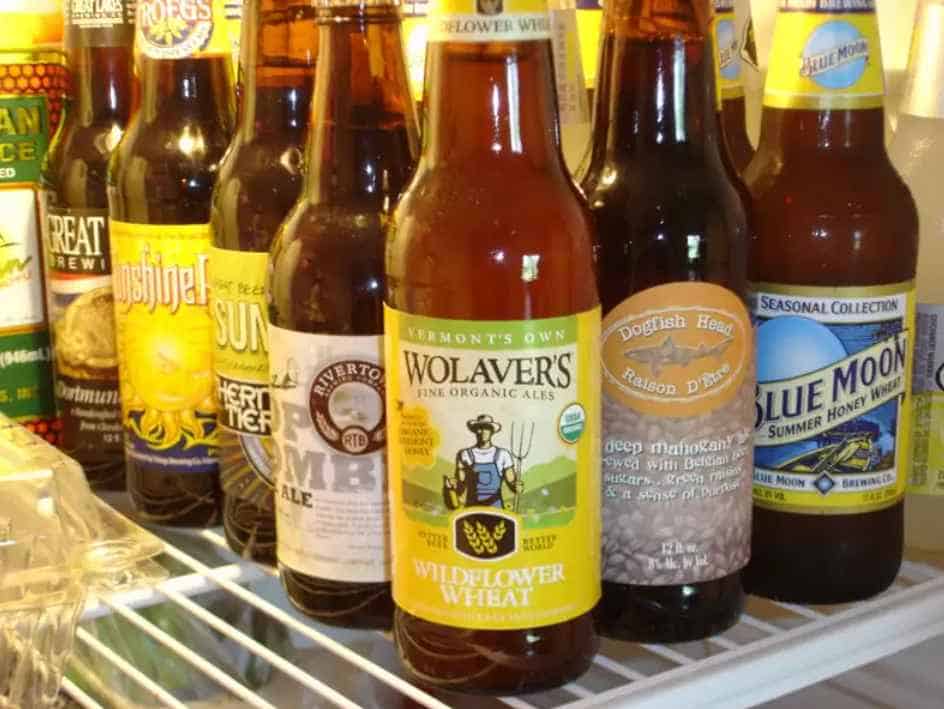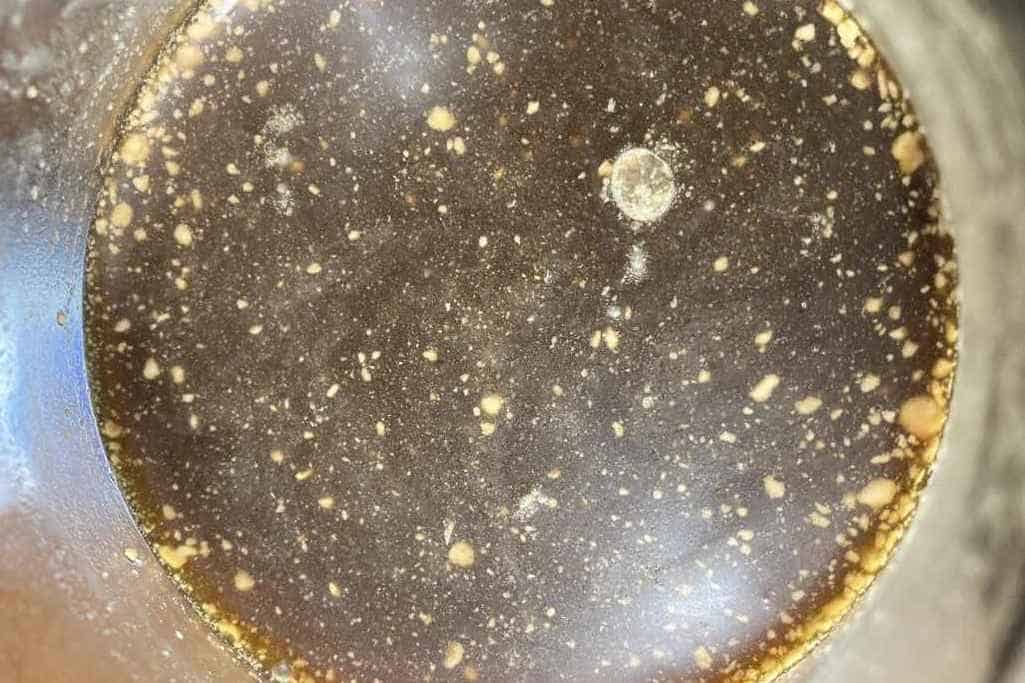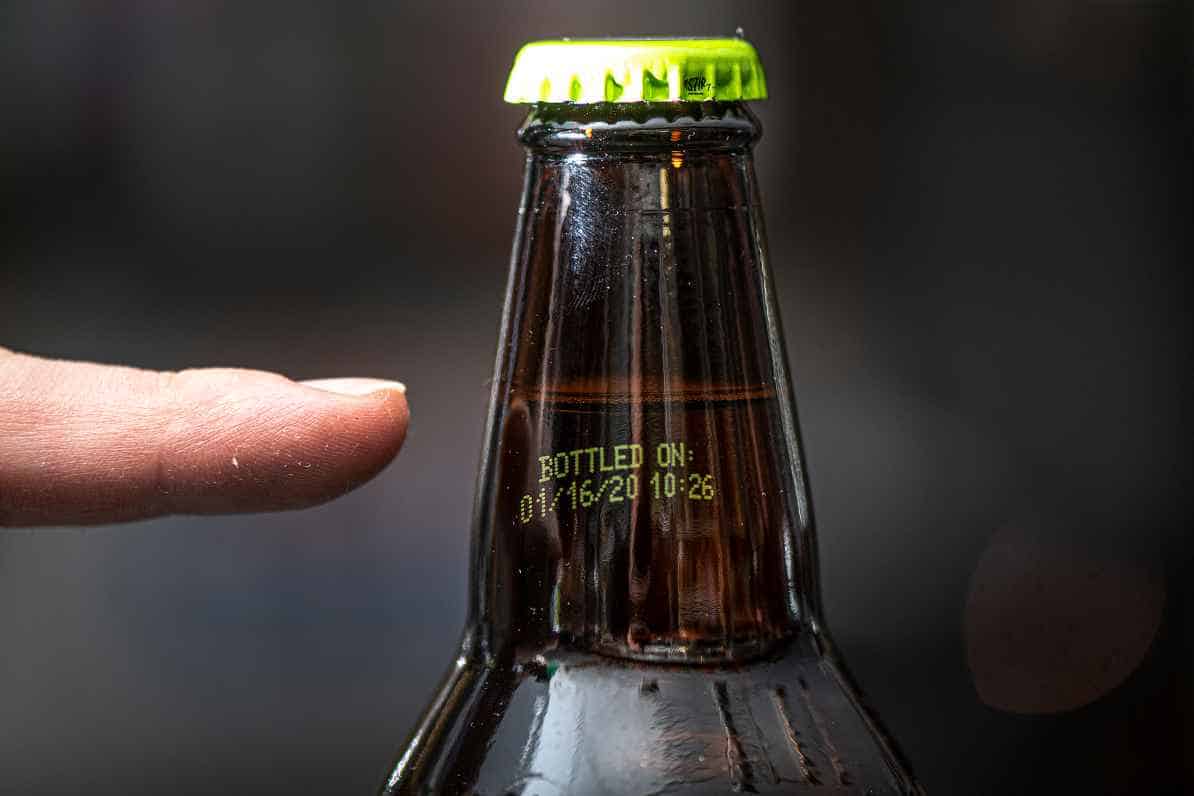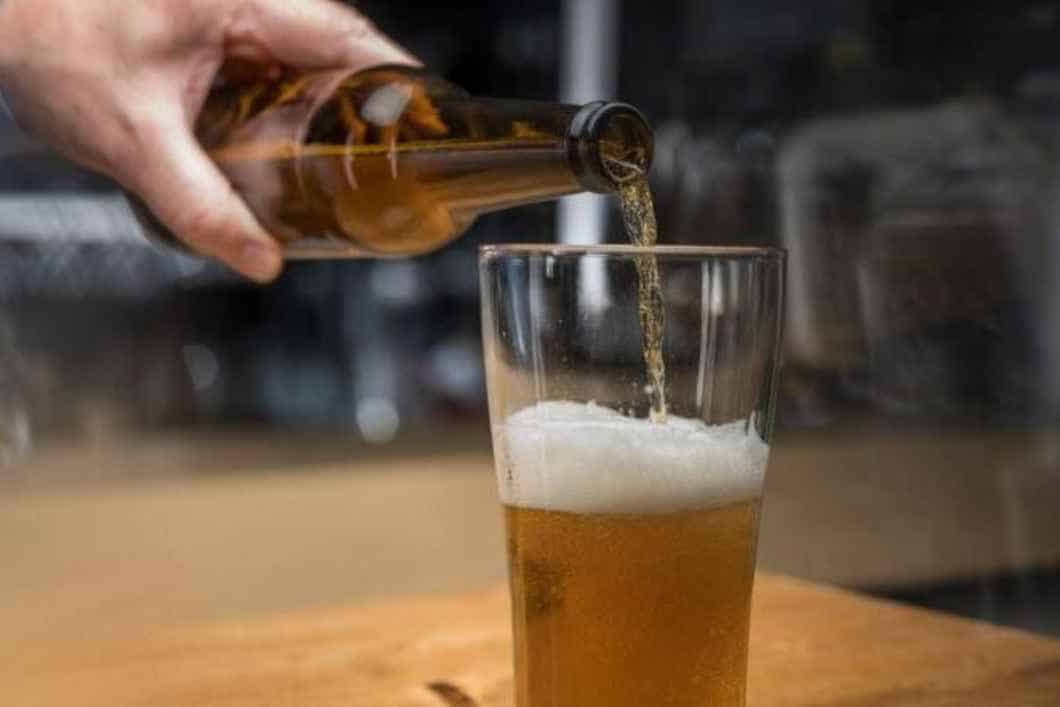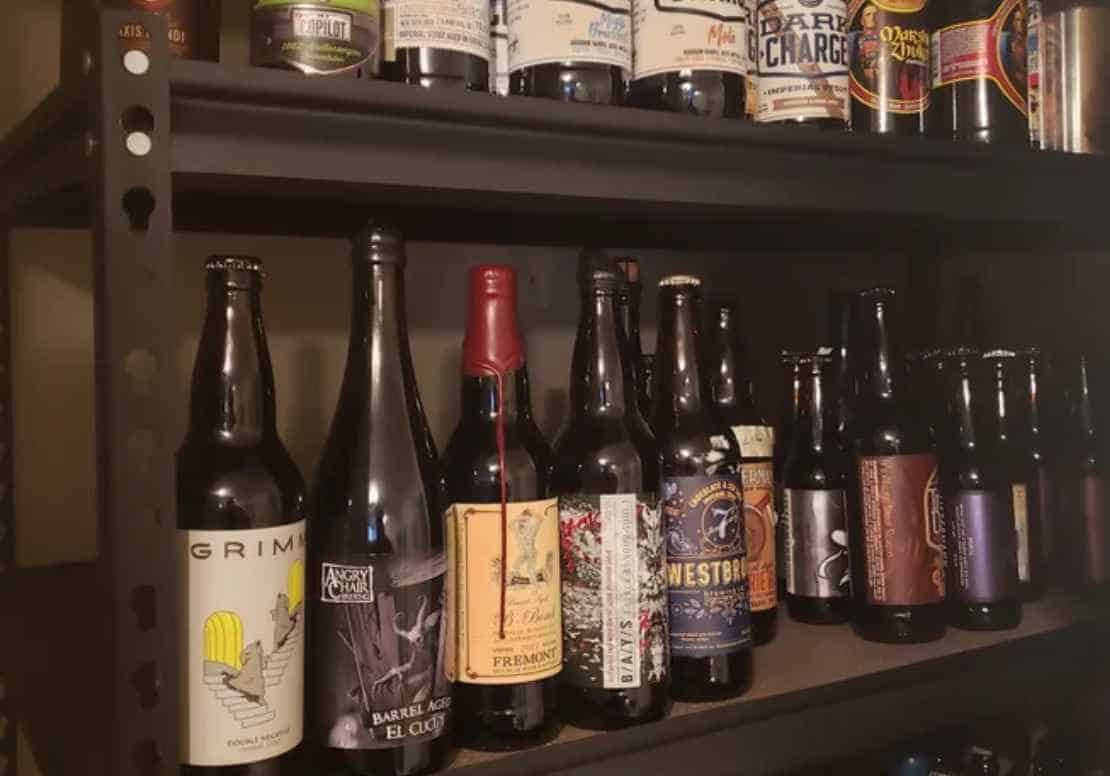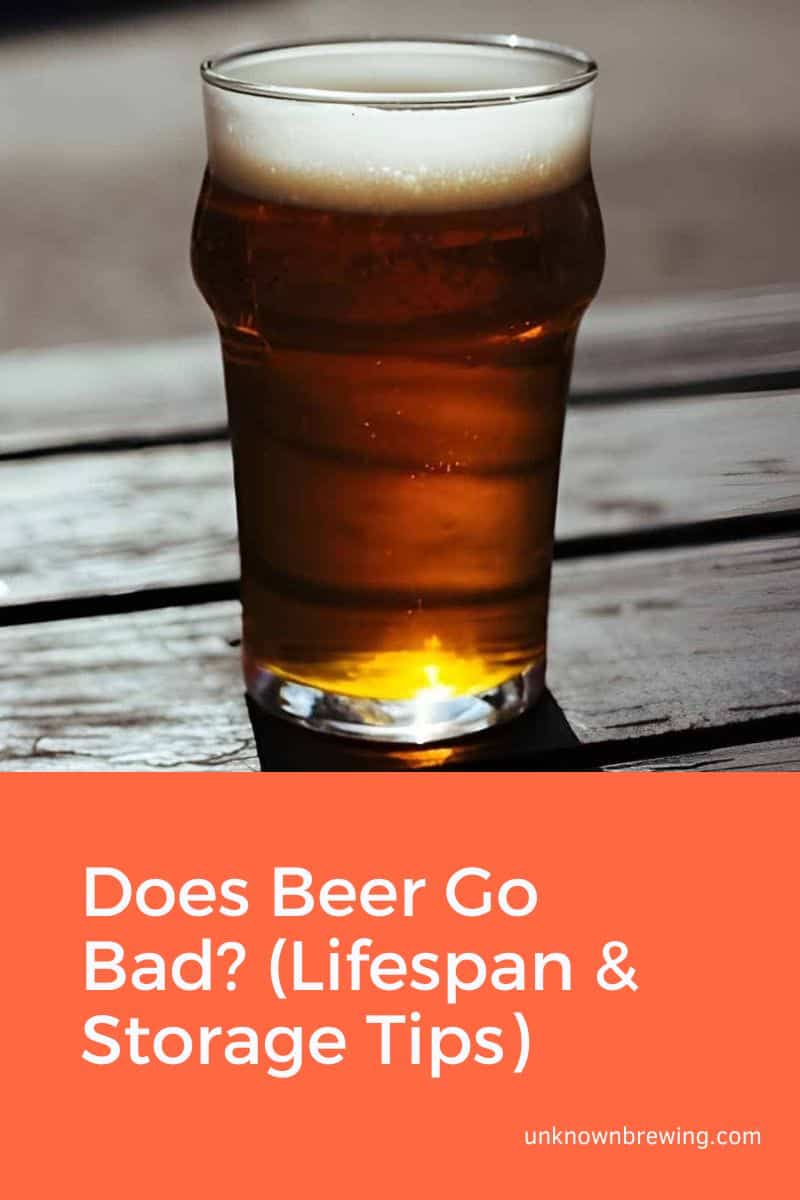Although beers are fermented beverage, many people wonder does beer go bad. With this article, we will explore the shelf life of the beer and the factors you need to watch out for. You will learn the ways you can keep your beer fresh and tasty.
Does Beer Go Bad?
To answer the question shortly, yes, beer can go bad. However, the answer is more nuanced than that. Although beer can expire, it does not go skunky or tastes bad under the proper conditions.
If it’s appropriately stored and undergoes the proper process, you can have a beer of excellent quality for years. Some beers even develop more flavors as time goes by.
Beer, in its fermented nature, rarely gets spoilt. Being in the fermenting process for a long time is a part of making it. In turn, it’s pretty hard to turn it bad.
However, under certain circumstances, something can disrupt the natural process of the beer. With that said, here are some reasons why beer goes bad.
Why does Beer Goes Bad?
Although beer can go bad and skunky, it can last very long. However, there are factors you have to look for if you want your beer fresh and delicious, such as:
Storage Method
Fermenting and storage are integral parts of the process of making beer. In turn, for the beer to stay at its best, a proper and sustainable storage method is an excellent way to do it.
Keeping your bottle and can from heat and direct sunlight gives your beer a better shelf life.
Oxidation
Although oxidation can have some beneficial effects on the fermenting process, it’s better to keep it to a minimum. While fermenting, a small amount of oxygen can produce new and exciting flavors.
However, only some brews need it. Some beer can grow stale and lose its delicious flavors when in contact with oxygen.
Contamination
Although bacteria are already present in your beer due to its fermentation, no one wants their beers to go skunky. Bacteria can provide intense and robust flavors you might not want in your beer. Harmful bacteria can also cause stomach aches once ingested.
Fortunately, a contaminated beer can be easy to spot. The beer will emit a bad or skunky smell, away from the aroma of hops and malt. Bacteria also have a very short life in fresh beer through its natural preservatives.
Light and Heat
Light and heat is the leading cause of beer going bad. Due to the sensitivity of the hops to light reaction, keeping beer bottles and cans away from UV or artificial light is the best preservation technique.
In the past, people have a more primitive way of transporting beer. Many shipments will lose their excellent taste due to UV light exposure. The beers can even turn skunky and not be drinkable at all.
It’s also why most beer bottles have an amber-brown coating. The color is not just for aesthetics but also to keep UV and artificial light from ruining the drink.
How to Know if the Beer is Expired?
Most commercial and local breweries now have an expiration or best-before date with their every bottle. It’s to let their buyers know the average time when the beer is of the best quality. However, under certain circumstances, a bottle or can of beer can still be safe to drink even after the expiration date.
Granted, it can vary from the conditions of each beer. So, be sure to check to be cautious when drinking a beer past the best-before date.
For older bottles, most of them do not have any expiration date. This vintage has more tenacity as the years go by. However, it might have a change in taste and quality.
Can You Drink Expired Beer?
Although it’s not recommended, you can drink expired beer and not have any health issues. As stated, a best-before date in a beer says the time frame when the beer is in its best quality. It does not indicate that the beer is spoilt.
For example, if your canned beer is refrigerated the whole month after it’s expired, there’s a minimal chance of it spoiling. Remember, beer ferments as it goes. Although it might not have the best taste and texture, it’s still drinkable.
With that said, always proceed with caution. Be sure to check the smell of the beer before drinking it. A bad beer will have a foul odor, a sign of bacterial contamination.
However, a stale and cardboard taste can also signify expired beer. It reveals that the beer is past its best-quality stage.
How Long Does Beer Last? (Based on Container)
| Beer Container | Average Shelf
Life |
| Bottle | Six Weeks to Two Years |
| Keg | Three to Four Months |
| Can | Six Months to One Year |
How Long Does Beer Last in Bottle?
Bottles are the best and longest when it comes to storing beer. Not only does it provide an excellent seal to keep your beer intact, but it also protects it from UV light through its amber-brown coating.
With that said, bottles have the most versatile amount of shelf life. On average, it can last from six weeks to two years in a standard. This is especially true with light craft beers and modern bottles.
As the breweries and industry grew, a slew of bottles was now available in the market. It results in the container being more versatile in terms of its longevity. Although some bottles can last for months, some beer bottles can last well up to ten years—which is especially true for vintage beers.
How Long Does Beer Last in Keg?
A keg is a wooden container used to ferment beer. With that said, three to four months is the average time for fermenting the beer in the keg. Most of the time, the beer is transferred into its respective bottle.
As kegs are harder to maintain and control, the amount of time beer spends in the container is limited. It’s to protect the quality of the beer. Thus transferring it in a can or a bottle should be done timely.
How Long Does Beer Last in Can?
Can have been growing in popularity, especially with many microbreweries. It’s accessible, durable, and can be shipped pretty much anywhere. The unbreakable nature of cans made them a popular choice for international producers.
That said, this durable material provides an average of half a year. The lesser shelf life than the beer bottles is due to the less insulation provided by the cans. However, many companies can make a beer can that can last past that.
What is the Best Storage for Beer?
| Storage Method | Average Shelf Life |
| Room | Six Days to a Month |
| Pantry | Four to Six Months |
| Refrigerator | One year |
| Cellar | Two to Ten years |
Cellar
If the best storage for your beer is what you are looking for, then the cellar is the best option. This cold and dry room away from sunlight is the perfect storage for your beer. It limits the number of harmful factors that might affect the quality of the beer.
Cellars are specially designed to store beer and fermented beverages such as wine and cider. However, investing in a cellar is impractical if you are not a brewery or a beer connoisseur. Fortunately, there are more storage options for you to choose from.
Refrigerator
Since cellars are inaccessible for most of us, the refrigerator is the next big thing. The compact yet sealed and cold appliance is an excellent choice for beer storage. It can keep your beer fresh and drinkable for a year.
The temperature is also why most canned and light beers must be refrigerated. It limits the heat and light from entering the can and beer bottle. The controlled temperature of the fridge also minimizes and provides the shelf life of the beer.
Pantry
A pantry cabinet is also an option if you don’t have a cellar fridge. Although it provides less shelf life than the fridge, the beer can last up to four to six months. Much like cellars and fridges, a pantry can provide a dry and dark place for your beer.
However, it can be more humid than a fridge and cellar. Thus, it provides a lower shelf life for your beverage.
Room
Of course, you can store your bottled or canned beer in an open room. However, this is not recommended. It provides a concise shelf life to your beer. The constant exposure to sunlight and humid temperature can cause the quality of the beer to decrease.
A beer bottle is open to different temperatures, and drastic changes can result in a stale taste. Worse, it can cause the beer to go skunky through light exposure.
In Summary
Although it’s a more nuanced take as beer is fermented, beer does go bad. With the factors such as UV light, heat, and oxidation, your beer bottle can go skunky and stale. That said, this article provides a slew of factors to look out for to keep your beer delicious.

As a homebrewer, Michael would get frustrated about the lack of brewing information on the internet. After hundreds of gallons of spoilt batches, Micheal had enough. And he founded Unknown Brewing as a resource for homebrewers.
